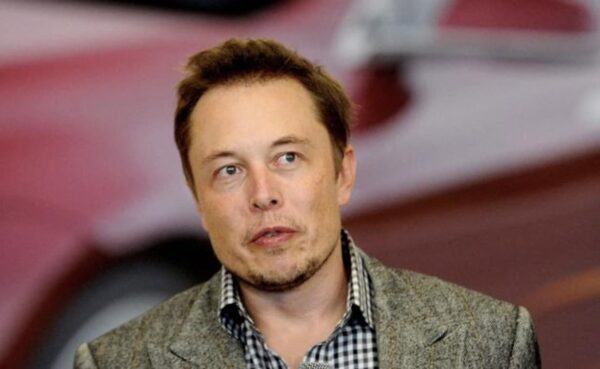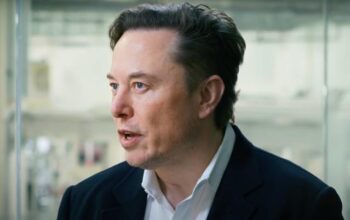rajkotupdates.news : elon musk pay 11 billion in taxes: In a world where income inequality is a growing concern, the news of billionaire Elon Musk paying a staggering $11 billion in taxes sends a powerful message. As the CEO of SpaceX and Tesla, Musk’s fortune has skyrocketed in recent years, making him one of the wealthiest individuals globally. His decision to contribute such a substantial amount to the tax system sets an example for other affluent individuals and raises important questions about wealth distribution and social responsibility.
Also Read: rajkotupdates.news : drinking lemon is as beneficial
Understanding Elon Musk’s Wealth
Elon Musk’s success story is widely known. He co-founded PayPal in the late 1990s and has since become involved in numerous ventures, including SpaceX, Tesla, Neuralink, and The Boring Company. These ventures have been incredibly lucrative, leading to Musk’s meteoric rise as one of the richest people in the world. As of 2023, his estimated net worth is over $200 billion.
The Importance of Tax Contribution
Taxes are a fundamental part of any functioning society, providing the necessary resources to fund public services and infrastructure. However, the perception that the wealthy do not pay their fair share has become a contentious issue. By voluntarily paying a substantial amount in taxes, Musk demonstrates his commitment to supporting the societies that have allowed him to thrive.
Setting an Example for Other Billionaires
Musk’s decision to pay $11 billion in taxes can serve as an inspiration for other wealthy individuals. It highlights the importance of responsible citizenship and the moral obligation to give back to the communities and countries that have provided the environment for success. By setting such an example, Musk encourages other billionaires to consider their own tax contributions and the impact they can have on society.
Also Read: rajkotupdates.news : drinking lemon is as beneficial
Addressing Income Inequality
The ever-widening gap between the rich and the poor is a growing concern worldwide. By paying a significant amount in taxes, Musk acknowledges the need for a more equitable distribution of wealth. His action challenges the notion that billionaires only seek to accumulate more wealth without regard for societal well-being. It raises important discussions about the role of the ultra-wealthy in addressing income inequality and promoting a more just society.
Calls for Tax Reform
While Musk’s tax payment is commendable, it also draws attention to the need for tax reform. The current tax systems in many countries have loopholes and deductions that allow the wealthy to minimize their tax liabilities significantly. This situation exacerbates income inequality and places a heavier burden on middle-class and lower-income individuals. Musk’s action can serve as a catalyst for discussions on creating fairer tax structures that ensure everyone pays their fair share.
Investment in Social Causes
Beyond taxes, Musk’s philanthropic efforts deserve recognition. Over the years, he has donated significant sums to various causes, including renewable energy research, space exploration, and education. By directing his wealth toward endeavors that benefit society, Musk showcases the power of wealth in making a positive impact. His actions challenge other billionaires to consider how they can contribute to solving some of the world’s most pressing issues.
Also Read: rajkotupdates.news : drinking lemon is as beneficial
Critiques and Counterarguments
While Elon Musk’s tax payment is commendable, critics may argue that it is merely a drop in the bucket considering his immense wealth. They might suggest that a more equitable solution would involve a progressive tax system that taxes the ultra-wealthy at higher rates. Furthermore, some critics might question the effectiveness of relying on billionaires’ voluntary contributions rather than implementing structural changes to address income inequality.
Conclusion
Elon Musk’s payment of $11 billion in taxes sets an example for wealthy individuals and sparks conversations about wealth distribution and social responsibility. His decision to contribute such a substantial amount demonstrates a commitment to supporting the societies that have allowed him to amass his fortune. Musk’s actions challenge other billionaires to consider their own tax contributions and the positive impact they can have on society. While his payment is significant, it also calls for broader tax reform to ensure a fairer system and address income inequality effectively. Ultimately, Musk’s example highlights the power of wealth to create positive change when used responsibly.




